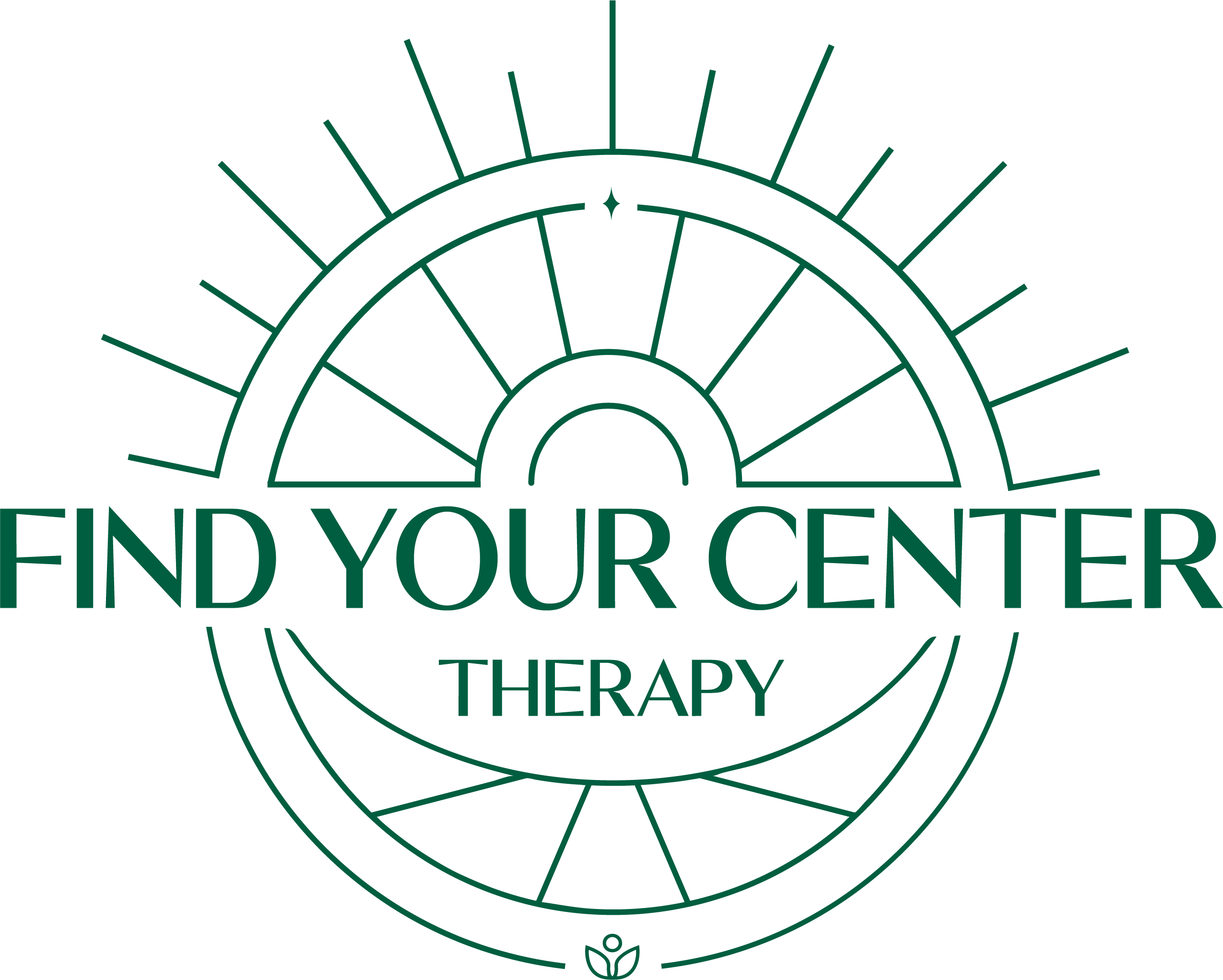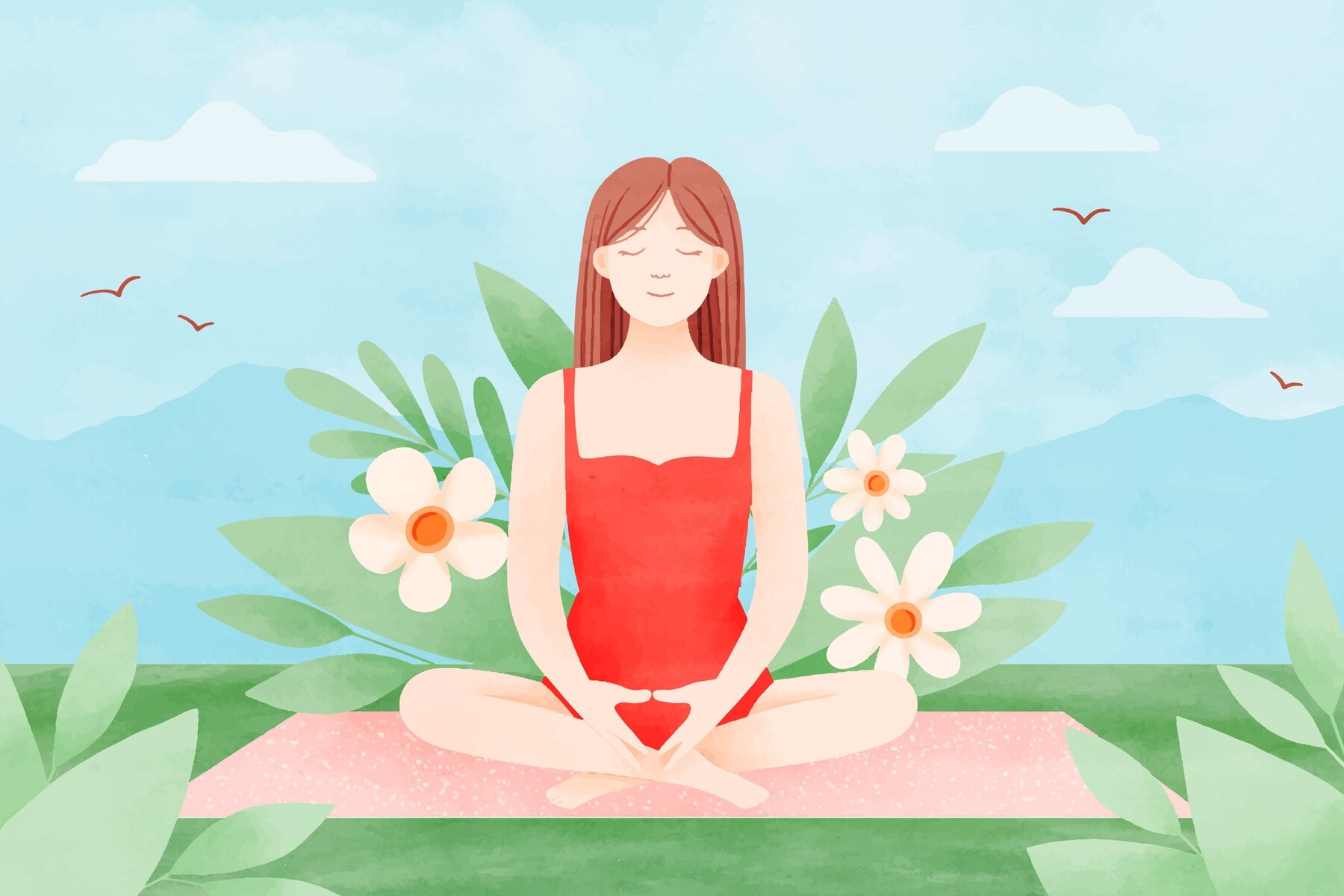Reimagining Confidence: From Conditional to Core Stability
The traditional view posits confidence as a belief in one’s greatness or guaranteed success, creating a fragile psychological state vulnerable to any setback. Like a house of cards meticulously stacked, the slightest breeze—an ordinary reception or imperfect performance—could send the entire structure tumbling down.
Here is our call for an alternative self-belief, one rooted in a more robust suspension system that can empower us to take chances, live freely, adapt, and respond to the consequences, “good or bad.” Since outdated models of self-worth depend on external validation, superior achievement, or superlative attributes, they are fundamentally unstable and beyond our control. Plus, they are boring and lame. And not about our authentic selves at all.
The problem with traditional confidence is that it ties our sense of self and ‘enoughness’ to something always at risk—the next evaluation, the next comparison. We never feel settled in a victory because, to feel “good enough,” our next action has to meet or exceed our last achievement. This engenders a baseline anxiety, never leaving us quite grounded or secure.
As a shy kid who aced tests but often fumbled socially, I sourced my identity around academics. (I put the A in Awkward.) I was only good enough because I outperformed others. It sounds sad to acknowledge and utterly illogical. Nonetheless, the day I received anything less than an A+, I felt lost. If I wasn’t the valedictorian forever, who was I? Why would anyone respect or like me? Why would I like myself?
This is the precarious position we place ourselves in when our enoughness, or “confidence,” is defined by anything other than intrinsic goodness, values-based living, and a flexible mindset.
The healthier alternative prioritizes resilience over ranking and personal growth over public benchmarks. It promotes a steady self-acceptance that remains intact through successes and failures, supporting the idea that being “good enough” is both adequate and beneficial.
This approach encourages risk-taking and challenge-facing without the fear of failure, as self-worth is no longer at stake or tied to a scoreboard. It’s about swapping the fragility of “always-the-winner” for the durability of “always-the-learner.” There is pride in that. It supports the revolutionary idea that being “good enough” is, well, good enough.
Here’s how to nurture this sturdier breed of confidence:
– Embrace Your Inner Blooper Reel: Understand that slips and trips are part of the highlight reel of life. Accept imperfection. Expect it.
– See Challenges as Brain Candy: Treat each challenge as a chance to stretch your mental, emotional, and physical muscles, not a do-or-die exam of your worth. Life is an experience. We’re all figuring it out, one idiot move at a time.
–Back Yourself: Develop self-validation tools. Reconnect with your basic unity with others and dispense with dependence on applause, affirmation, comparison, or the illusion of separateness.
Identify Core Values: Choose the values you live by with true intention, acknowledge the conflict amongst them, and select goals that align with what truly matters.
Adopt the Cliche of Journey Over Job Title: Life is unfolding like a scroll, one bit at a time. It is an ever-evolving series of moments in which we confront ourselves and question whether we are fulfilling a purpose, proceeding with meaning, or simply conforming to what we perceive others’ expectations of us to be. Free yourself and relish in every opportunity to be present.
Remember We ALL Die: No one gets out alive. With an existential lens (and basic reality), our time here is finite. Will we really die happier knowing we aced that exam in college? Will anyone give a flying ****? I would rather know I was kind and loving, to others and myself, and that I pursued passion (within reason) and really tried. Experiment. Why not?
Even though society and our childhoods can shape us toward ego-centrism and a profound, aching need to be special, we can also invite a new self-view that actually promotes greater ambition, risk-taking, and a felt reward inherent in our efforts. Adopting this resilience-based approach can truly transform your life. You will be more willing to step out of your comfort zone armed with the knowledge that your value doesn’t fluctuate with your performance stats. It builds a deep, durable confidence that’s key for emotional well-being and authentic success.
By shifting how we view confidence, we can help create a culture that values self-acceptance and innovation over perfection. Not only is this healthier for us as individuals, but it also makes for a society that’s richer in empathy and genuine connection.
Drawing on insights from “Mindset” by Carol Dweck, “Fierce Intimacy” by Terry Real, “On Confidence” by Alain de Botton, and “Mindful Self-Compassion” by Kristin Neff, as well as earlier psychoanalytic concepts of ego and defense mechanisms, attachment theory (insecure attachment early on leaves us desperate for acceptance), this approach integrates a history of helpful theory and lived experience. And it’s not new, novel, or particularly smart. Basics win every time.
Warmly,
Michele











